|
We did it! I can’t believe it’s over! Okay, prepare for a long and emotional ramble ahead about everything this program has taught me and the experience I had. I have quite a lot to say, and all of it is positive! When I went into this program, I had no idea what to expect. The idea of conducting research in a lab seemed intimidating to me because up until this point, every experiment I’ve done on my own was more straightforward (growing plants, psychological studies, etc). At the interview, there was a group of alumni who shared their projects from previous years. They were listing things like head trauma and proteins, and honestly, I was really confused on how they did that. So for someone who had no clue how this work, everything coming out of their mouths seemed really intimidating. Alright, flash forward to day one. The only thing consoling me is that this is an introductory day where we’re just getting to know each other and the lab equipment. Simple enough. I was still scared for what future days held ahead. I was remarkably surprised at how easy everything turned out to be (not easy if you tried to learn it on your own, but easy because the instructors were so incredible at guiding the students along). If it weren’t for the clear directions and helpful tips and support of the mentors, I think I would’ve been in tears by day three, trying to figure things out. Even as the program continued, I was still confused on how things could work. The head trauma one alumni mentioned at the interview intrigued me, and I realized it’s a lot simpler than it sounds (just a matter of slamming down a metal bar attached to a vial). Glucose assay? How are you supposed to test glucose on a fly? Well, no worries, there is a packet with step by step details of everything I needed to do, and a mentor on hand to answer questions as I went. Anxiety? How on earth am I supposed to test anxiety in flies? No sweat; I just have to see whether the flies avoid each other in a glass chamber. Everything I ever wanted to try unfolded before my eyes. There was more homework than expected, but it taught me how to answer any question I had about a fly or making solutions. And when the whole class was confused, struggling to wrap their brains around the math of making stock concentrations, Dr. Purdy was right there at the board, showing us examples. It’s extraordinary when I look back to see how far I’ve come since being a nervous wreck on day one. I’ve learned a lot about how science really is, and I learned that in order to grow, it takes failure. It’s impossible to avoid failure in a lab-setting, and I think we’ve all had to learn that lesson one way or another. But that’s what led us to improve. I also designed this website? Which is crazy! I’ve become a part of TRIP’s inner workings now, and I’m so honored to be able to help expand and develop the program’s reach. TRIP has been weeks of growth, both in terms of academics/science and in terms of character. I couldn’t have asked for a better way to spend my summer. So thank you. Thank you to everyone who made this possible, and thank you to everyone who will continue to. Author: Sasha Temerte
0 Comments
Hi! My name is Palak Shah, and I am a rising senior at North Penn High School. My interests lie in the intersection of business and medicine, and I hope to pursue them in college next year. I’m an artist, advocate for girls’ education and healthcare in developing nations through the UN’s Girl Up program, and a student researcher in a neighboring computational chemistry lab. In my experiment, I tested biomagnetism in flies - the ability of the animals to sense a magnetic field and move in its direction. I added a little twist: irradiating half of the flies with UVA light to see if it enhances or impairs nature magnetosensitivity in flies. While there are still calculations for me to do, I believe from visual inspection that UVA light actually enhances biomagnetism. I’m interested in this response because with the thinning of the ozone layer, I want to predict what the radiation could do to other animals who also exhibit magnetosensitivity (future research perhaps???) My experience with TRIP has been an eye-opening, exhilarating leap from my comfort zone. I was used to feeling in control in lab work at school. With TRIP, I had to abandon my grip on perfectionism and pursue science in all its messy glory. I faced multiple roadblocks that left me frustrated and lost. From deciding to test as much as I could in one assay (which failed miserably) to accidentally drowning my flies in their own food (whoops!), I had to learn how to deal with my mistakes and find a new path in order to complete the tasks I envisioned. With the guidance of incredible instructors and the support of wonderful, fascinating classmates, I was able to grow as a scientist and as a person. TRIP has taught me that the beauty of scientific research lies in the outliers, blunders, and unexpected detours. If we always found results that perfectly aligned with our hypotheses, how could we ever learn?
Author: Palak Shah Hello all! My name is Sylvanne Braganza, and I’m so glad to be able to experience TRIP this summer! Seriously, there’s nothing better I’d like to do with my vacation time than spend a few quality hours each week with some fruit flies (and my wonderful instructors and classmates too, of course). I’m not totally sure the flies share the same feelings of companionship that I feel though, considering how many I’ve decapitated with a razor blade, crushed with a pestle, drowned in ice, or simply murdered with FlyNap. Yup, it’s been a fun four weeks so far…
Flies are great; I love flies. I love how similar to humans they are, yet different in all the ways that matter to me. That’s what makes them so awesome. They have a shorter life cycle than humans, so I can measure their fertility (a crucial part of my experiment). They have sugar levels just like humans, so I can look at their glucose levels and metabolism rates (another part of my experiment). They have moods just like we do too! The best part about flies is how easy they are to control (you can’t really control humans so well; they’re so stubborn…you know, besides the ethics of it all). But on a more serious note, I love how easy it is to augment a fly’s diet, change their environment, or test different behaviors. The first couple weeks of TRIP we got to play around with these different variables as we learned more and more about flies and the program and everything we could do for our projects (infinite possibilities, let me tell you). Like Sasha, that first week I also chose to add Valerian (an alternative medicine that aids in insomnia and anxiety) to my flies’ diets. However, I tested its effect on female fertility. Though I only ran one trial and this was just to get used to working with flies, I did get results. Valerian seemed to increase female fertility. I also tested the effect of constant darkness (which should also calm the flies) on female fertility. This also increased female fertility! I thought that was cool…and combined both Valerian and constant darkness in a third vial. It increased female fertility by a larger percentage! It felt good to actually reach a conclusion (though it was rudimentary and more trials would probably need to be done to prove anything). However, there were many failings along the way those first weeks.
This post is getting rather long, so I’d better save my failures and mishaps for another day. Look forward to it! And next time you see some fruit flies in your kitchen…be nice to them, they’re perfectly harmless. Author: Sylvanne Braganza This is what you’ve been waiting for—the long-awaited (not really) sequel to how it worked out when I tried the memory assay again. Forget the social space assay—that’s easy. This is the devil we’re dealing with here. And it’s amazing. I scrapped the original procedures handed to me, and I redesigned the assay my way with the petri dish technique. I made detailed notes on what exactly to do, how long to set timers for, and what supplies to use—basing all of this off of what caused flies to die last time. And it started off pretty okay. I had a whole petri dish of flies that were surviving that went through training twice. I had high hopes and started setting up duplicates to make the process go by quicker. And that’s when the flies started dying again. Luckily, this time it wasn’t as much of my fault! I didn’t crush any with the petri dish lids, none of them drowned from me keeping them in ice for too long, and I didn’t suffocate any either. They still died from fumes. That’s it. I tried to put as little of the pineapple and banana odors into the dishes as possible, and they still couldn’t take it. If I had more weeks to work with this, I’d probably try this assay by using natural, non-chemical scents (by possibly putting cotton soaked in actual fruit juice in dishes).
Someday, I swear I will get revenge on the concept of the memory assay by getting it right. Just watch. But in the meantime, even though I came an hour early, I had to stay another three extra hours late to attempt this assay and then do a glucose assay again when it didn’t work. But hey, perseverance pays off. Never give up! Even if you’re doing the memory assay… Author: Sasha Temerte Over the last 3 weeks, I have been looking at the effect of repeated exposure to Carbon Dioxide on fruit flies as part of the TRIP initiative. I have enjoyed every minute of my time with TRIP, although to say it was all smooth sailing would be a lie. I have encountered a huge number of challenges over the course of my experiment. Things have gone wrong in ways I didn't know was possible. For example, I recently put flies in a smaller chamber to measure their sociability. After 5 minutes I found that they were all very close together. In another 5 minutes, they had yet to move. As it turns out they did NOT all become very sociable suddenly but instead found some wet glue to drown in. Issues like this have become very common over the course of the program It's not all bad news, though. The data I have been gathering is beginning to come together and form results. Though I thought I was just getting noise at the beginning, clear and statistically significant results are beginning to show. As it turns out, CO2 does have real and clear effects on fly fertility and on fly behavior. To see what I think this means for humans, you will need to wait until the TRIP symposium!
Author: Peter L. My name is Sarah Nugent, and I attend Central Bucks High School East. I am a rising senior, and I aspire to pursue a profession in medicine. My favorite subject is biology, and I love studying human anatomy. If I decide to study medicine, then I’d like to explore neurology, pathology, neuroscience, endocrinology, or orthopedics. However, research is also interesting. I love TRIP because it gives students the opportunity to explore the field of research and all that it entails. So far with my project, I’ve been studying the impact of intermittent starvation and nutritional supplements on the metabolic activity of fruit flies. Here’s how I do it: first I have to decapitate the given group of flies. After that, I place the bodies in a centrifuge tube and add PBS using something called a micropipette. I love practicing using the micropipette, as it’s a great tool for measuring out small quantities of solution. Next, I crush the bodies in order to extract the hemolymph. Doesn’t this sound gruesome!! After that, I centrifuge the bodies to form a pellet. Using the micropipette, I isolate the liquid from the pellet and add it to a conical tube and add the assay reagent. After incubating the tube at 37oC for 30 minutes, I add sulfuric acid, and measure the absorption of glucose using a spectrophotometer. The process as a whole is very interesting, as I’m learning new research techniques.
The program is very educational and allows students to exercise different skills beyond the classroom. If anyone is considering applying, I would highly recommend it. Author: Sarah Nugent Hey! My name is Ifenna Amaefuna. I am a rising sophomore at Cheltenham High School. Go Panthers! Two things about me. Track. Music. Science. Okay, three! I started running track back when I was a little boy (still a little boy compared to all of the other TRIP-ers) and music has been my life for all my life. I am also really interested in human anatomy and physiology and hope to possibly become an orthopedic surgeon in the future. My project for TRIP is about the effect of Maca and Vitex, two natural human fertility enhancers, on fruit fly male/female fertility. To do this, I am exposing the flies to different concentrations of Vitex and Maca, and I am also exposing the flies to a combination of the two drugs. The main reason that I am doing this is because I want to test the reliability of the statements that advertisements make about these types of drugs. I am interested in this because I noticed that my mom was taking these drugs around the time when my little brother was born, and I wanted to see if it was actually effective. If I had to compare, I would say that this summer was the best summer that I’ve ever experienced. TRIP is engaging, exciting, and certainly the best thing that I’ve ever experienced. The teachers are very good at communicating with us students at an individual basis and are very thorough in teaching and instructing. The students are just the same. They are helpful, kind, and really smart! This summer has truly been the best summer and couldn’t have asked for anything more.
I wish the best to all of you! Author: Ifenna Amaefuna Hey! My name is Bashir Shakir and I am a rising senior at Springside Chestnut Hill Academy. I run indoor and outdoor track. I participate in ultimate frisbee and investment club. I am also a student facilitator for my school annual diversity conference. For my project, I am studying the effects of pre-workout supplements on the development, metabolism, and motility. I am interested in studying sports medicine and I thought this idea would fit perfectly with the TRIP initiative. I love this experience. Your work independently on your projects but the teachers are there if you are in need of assistance. My classmates are great if you need a favor done they are more than willing to assist you.
Author: Bashir Shakir Hello! My name is Jaaziel Cooper and I am a rising sophomore at Delaware County Christian School. I have five little brothers, love participating in school musicals, and am absolutely fascinated by science. When I was told that I was accepted into TRIP, I was exceedingly excited to have the opportunity to discover more about biology and the many aspects of science research. During this program, I have decided to observe how population density affects the behaviors and fertility of fruit flies. By depleting the area that the fruit flies have to live in, I have been able to create an atmosphere where I can observe the effects of denser populations. Although the process of conducting your own experiment can sometimes be stressful, when you produce your own results, it is something that you take a lot of pride in. Independently obtaining answers to the questions that you have is a very special experience that allows people to gain more passion and realize their full potential. Author: Jaaziel Cooper
|
Archives
April 2024
Categories
All
|
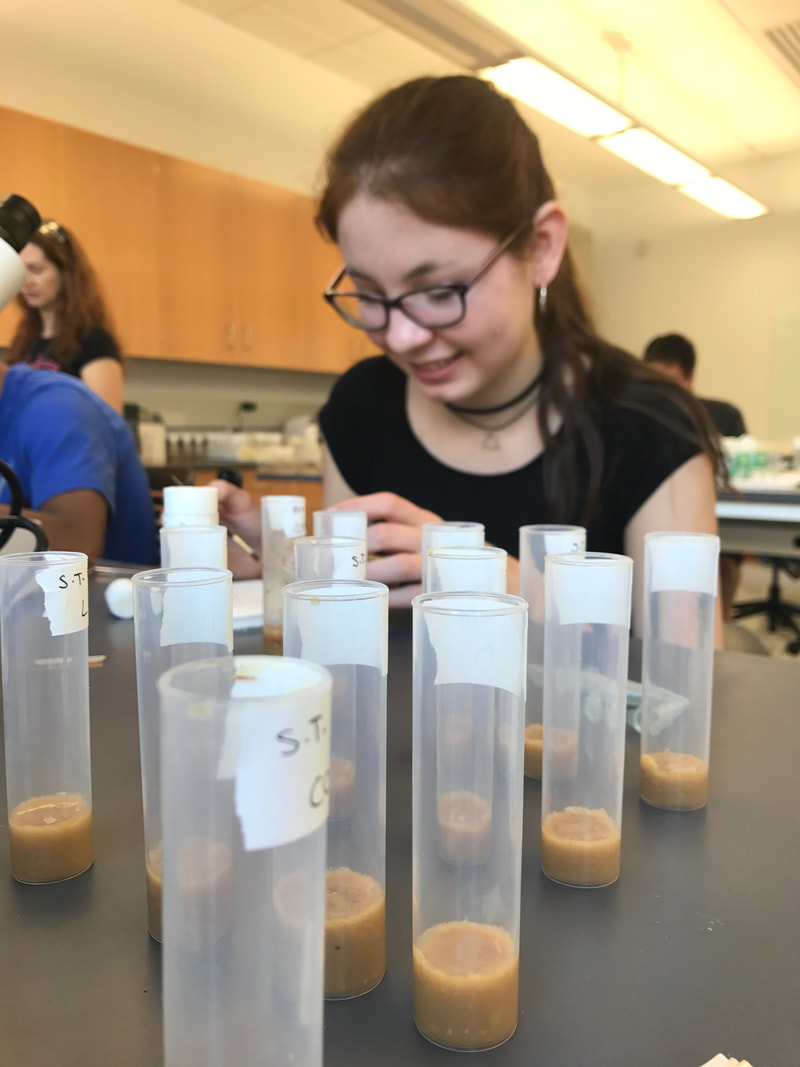
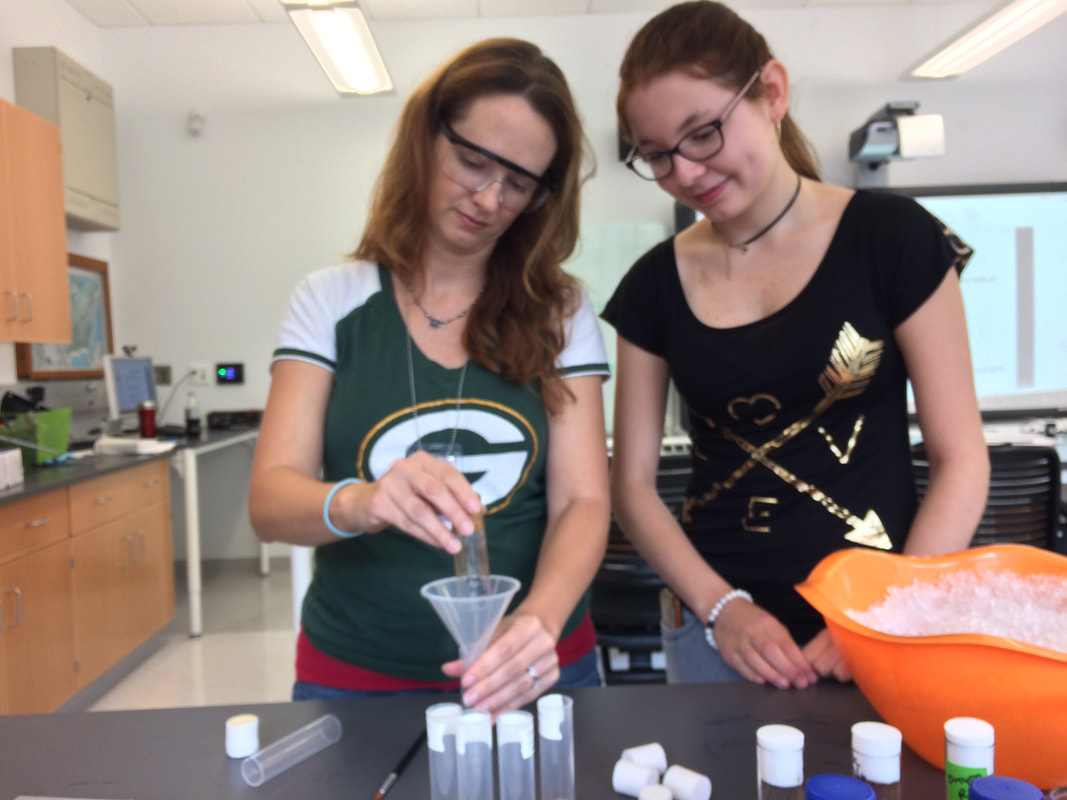
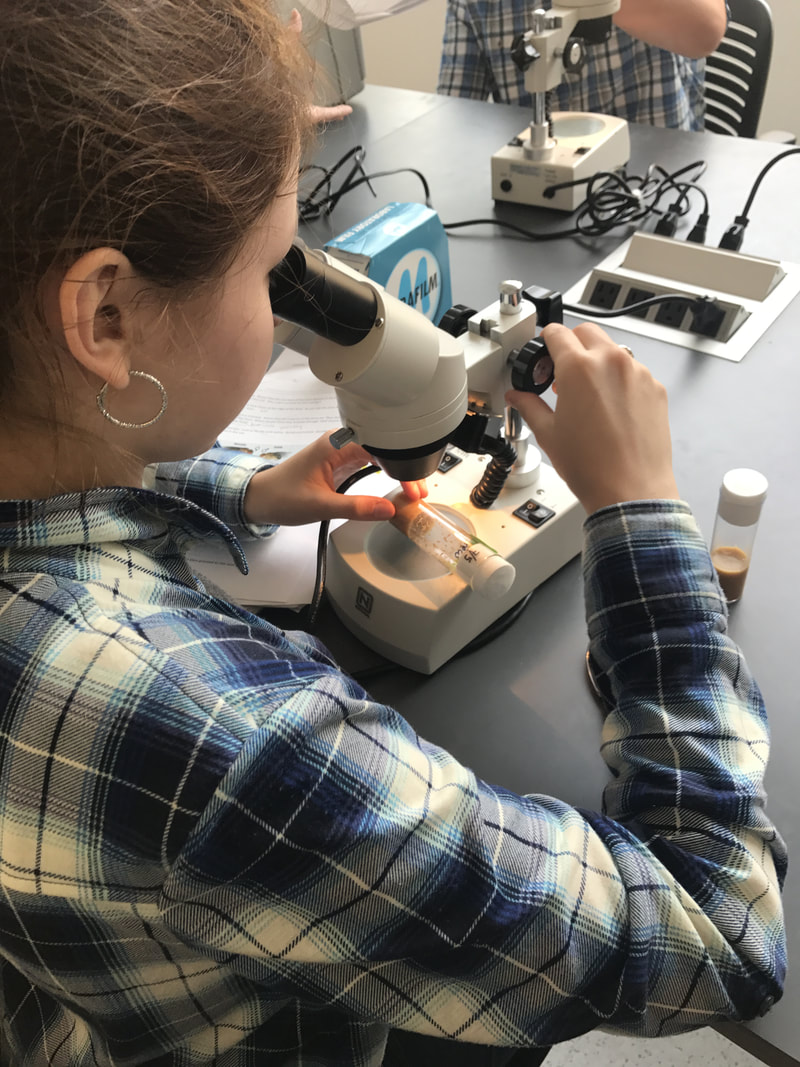
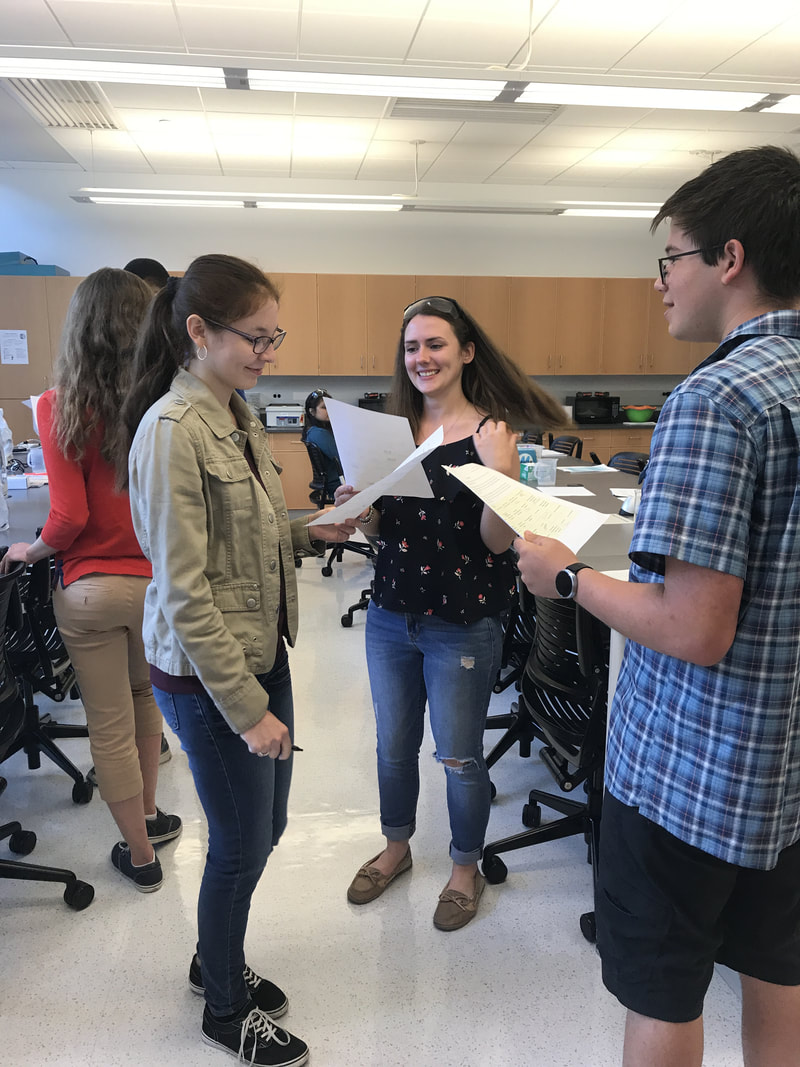
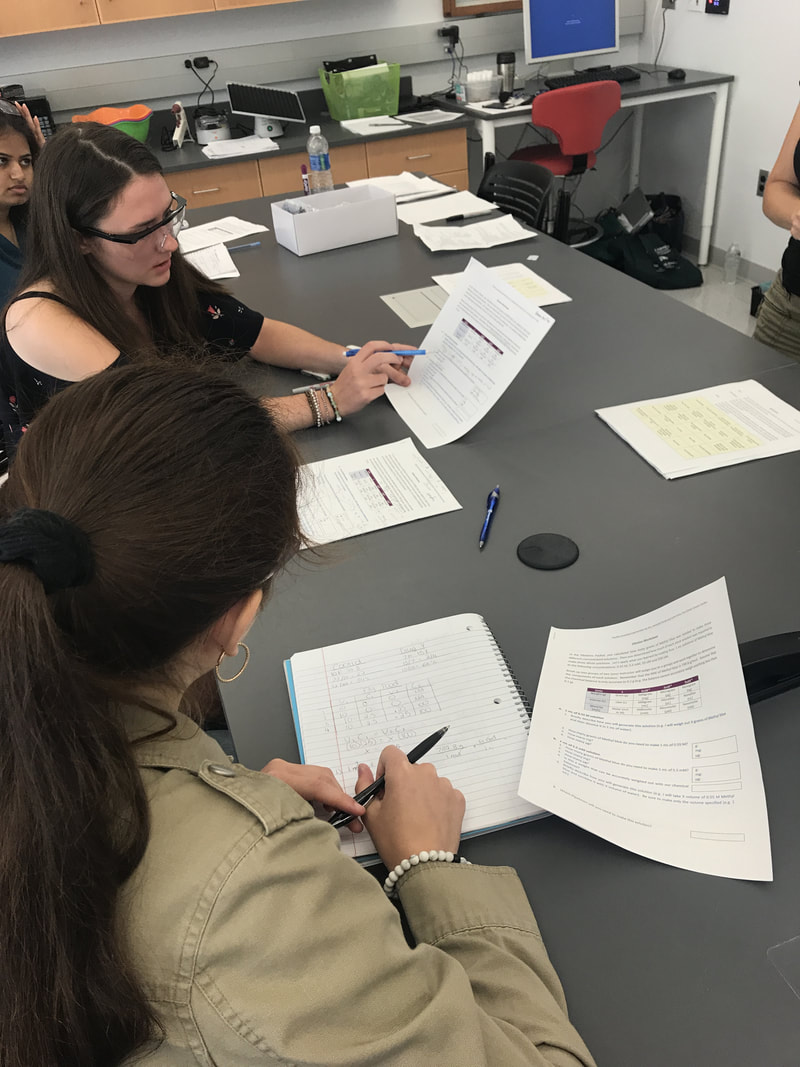
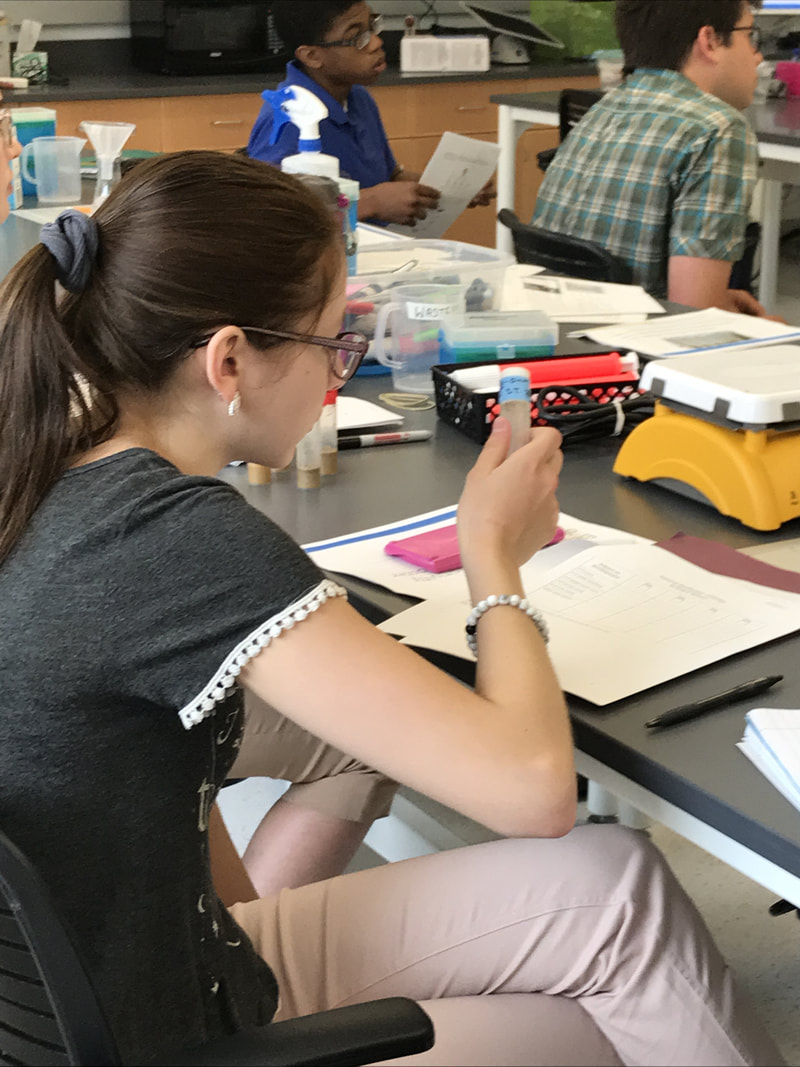
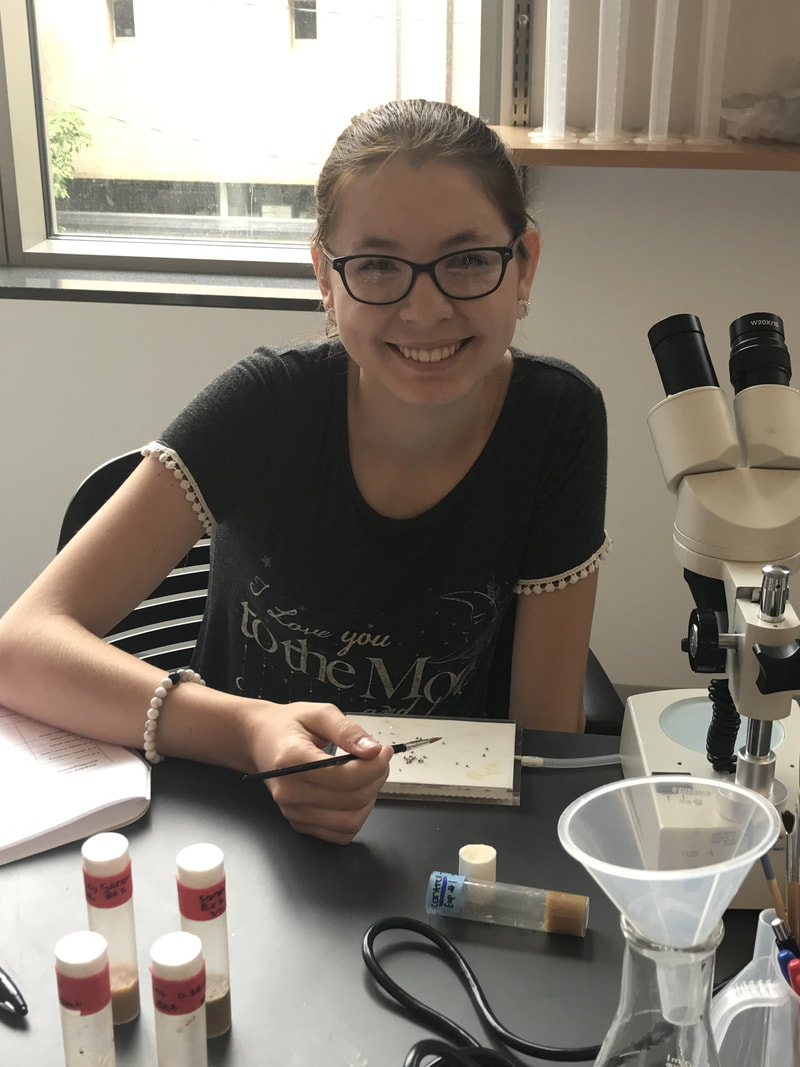
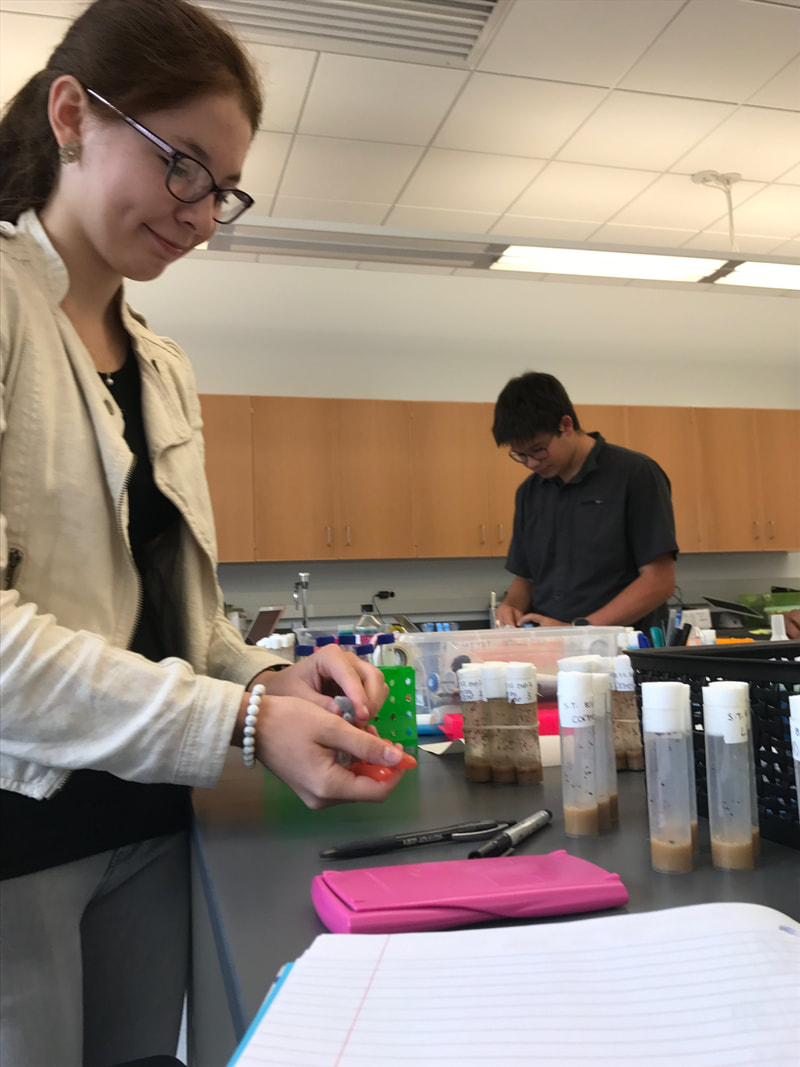
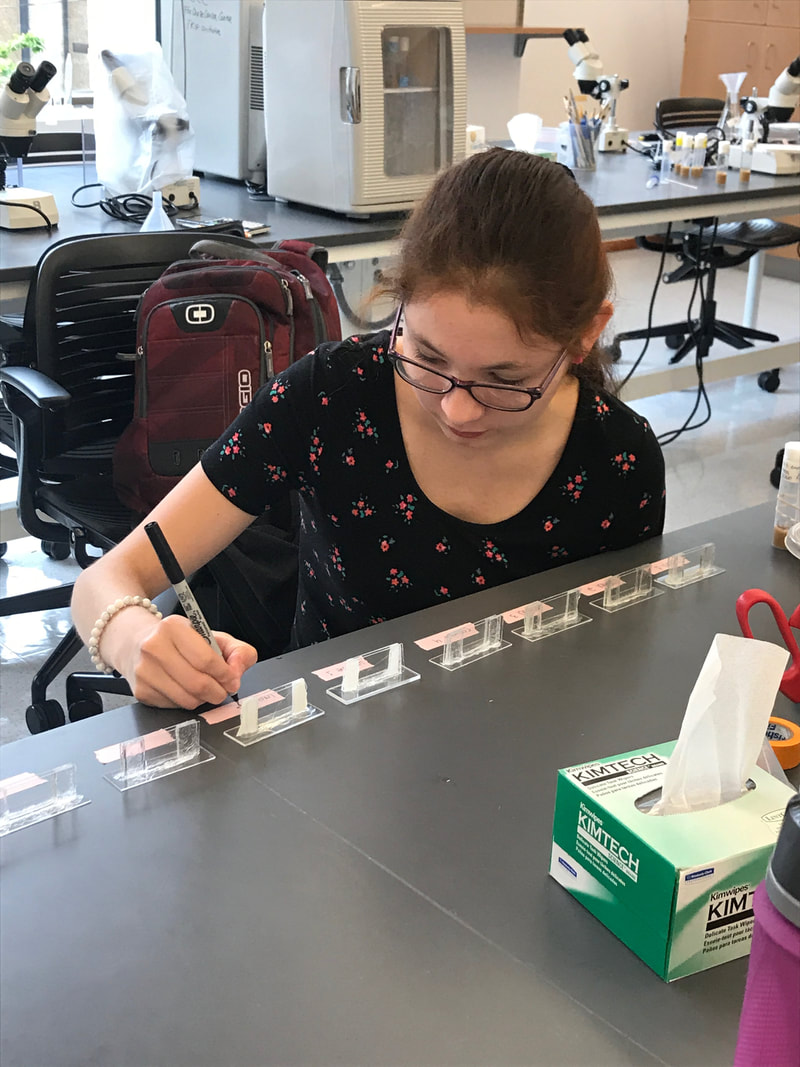
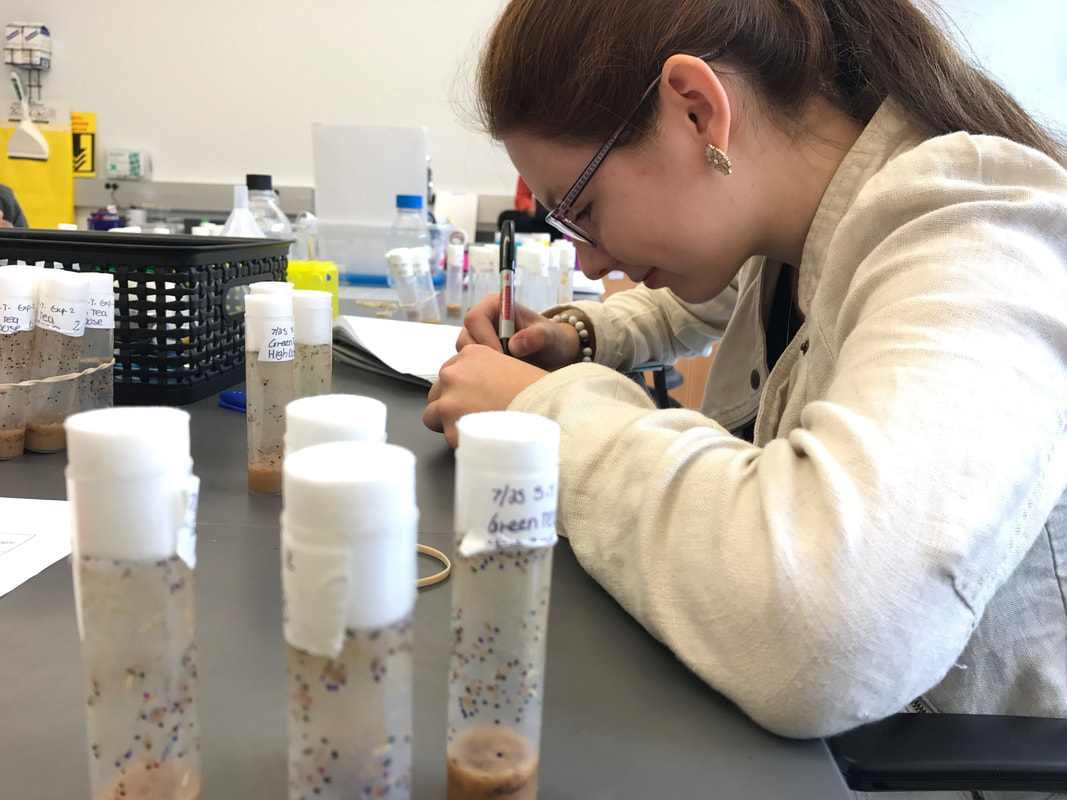
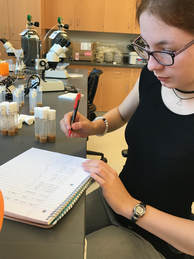
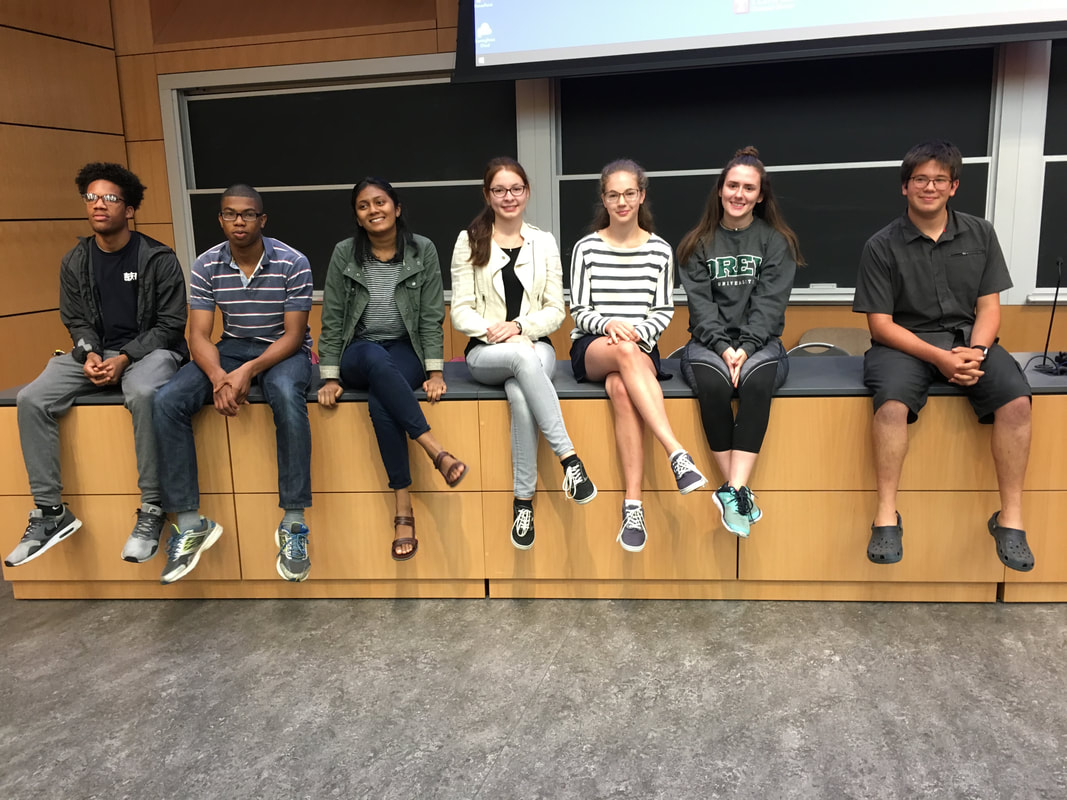
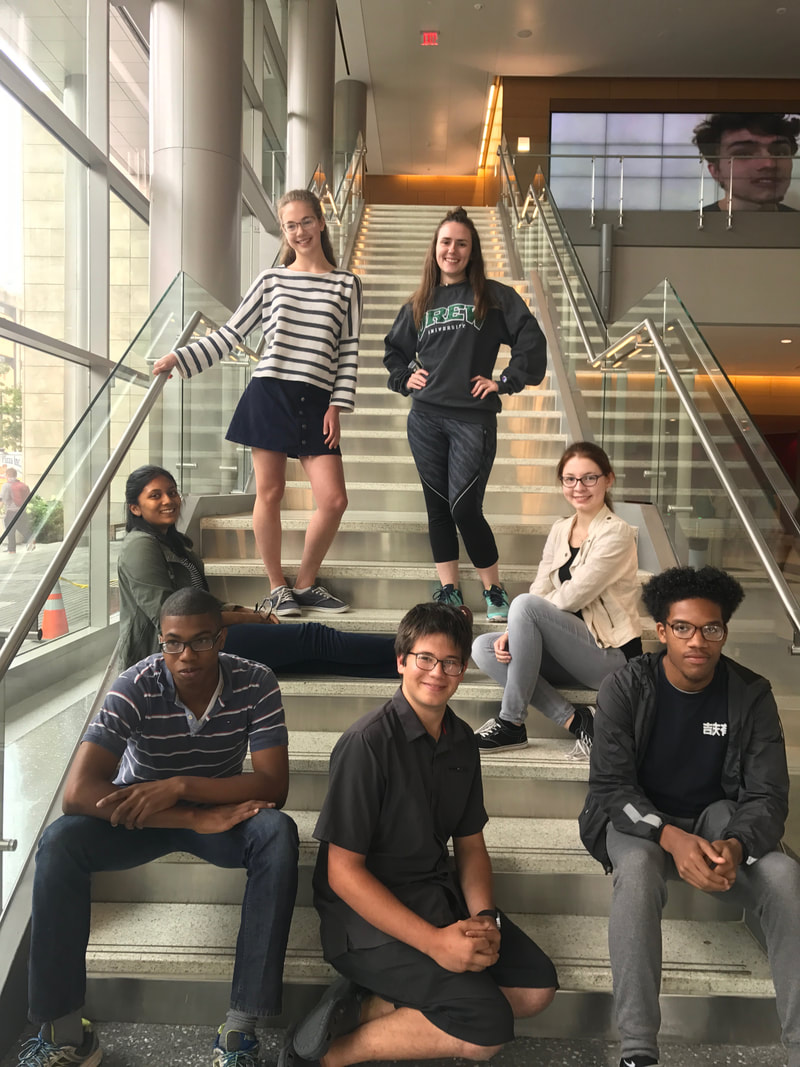
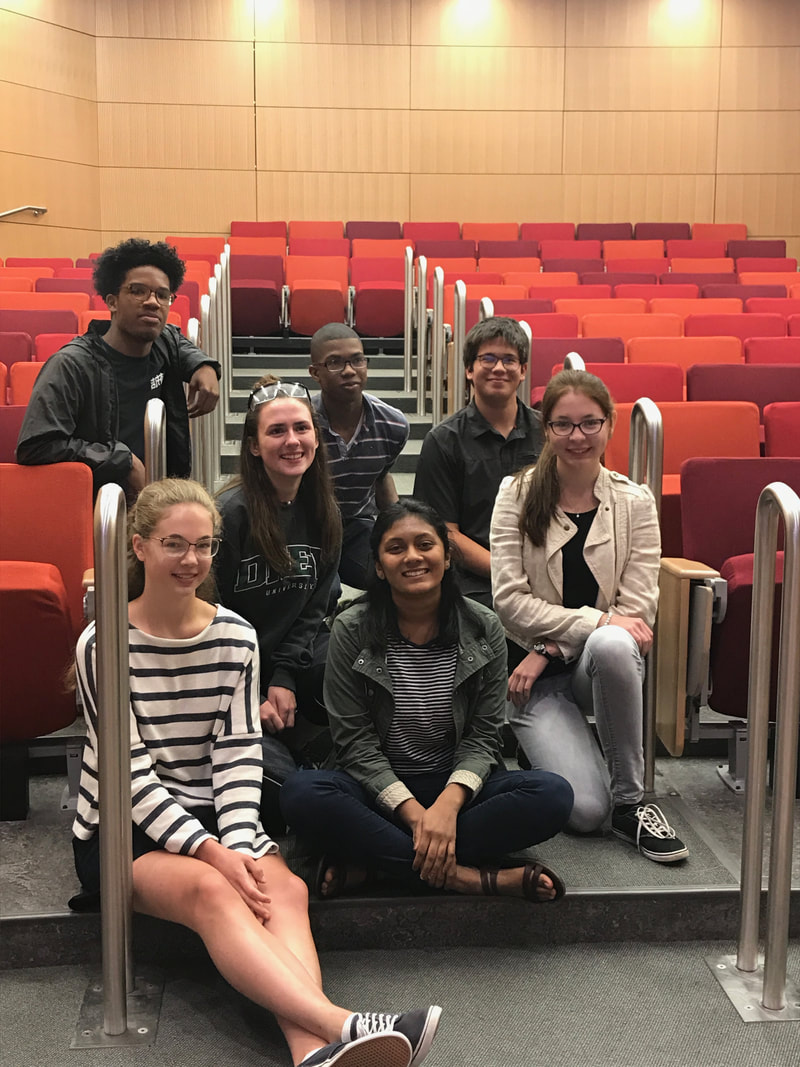
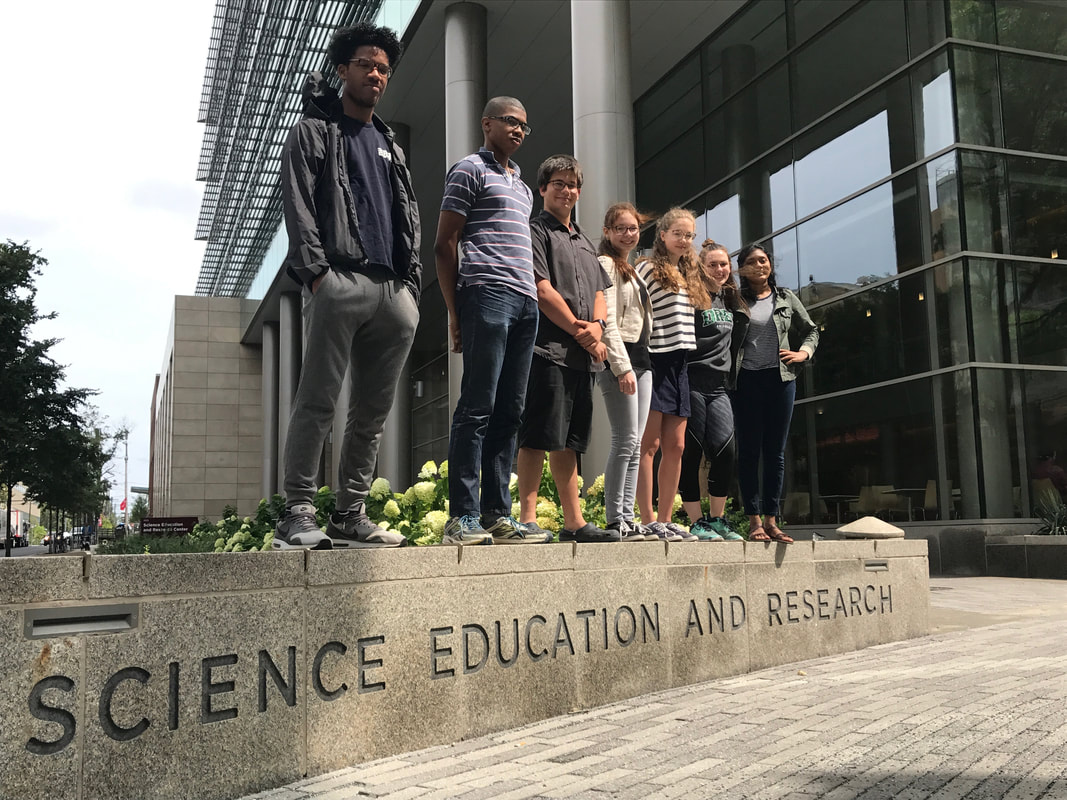
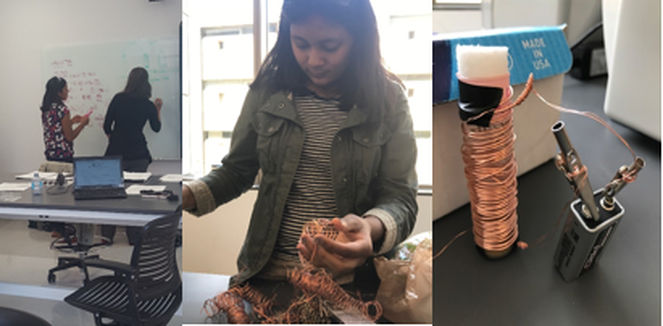
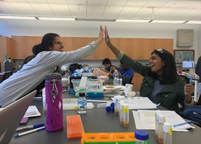
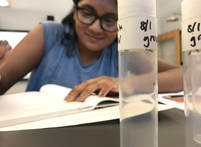
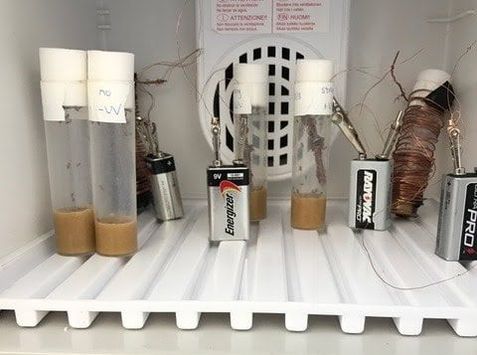
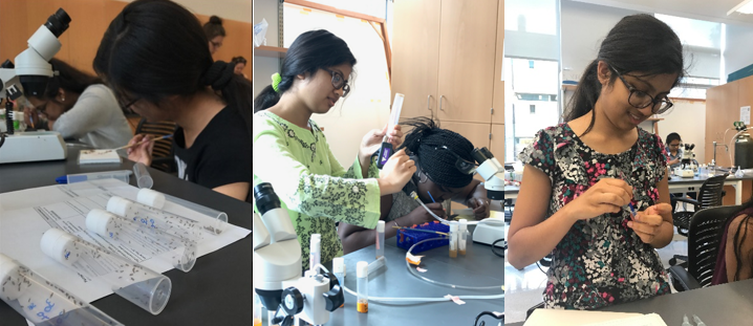
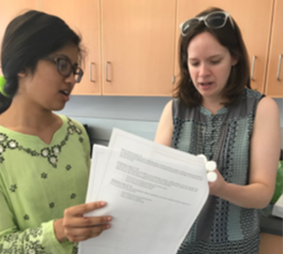
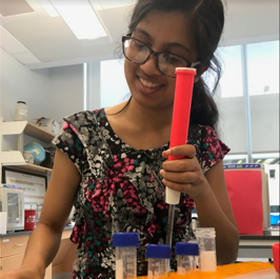
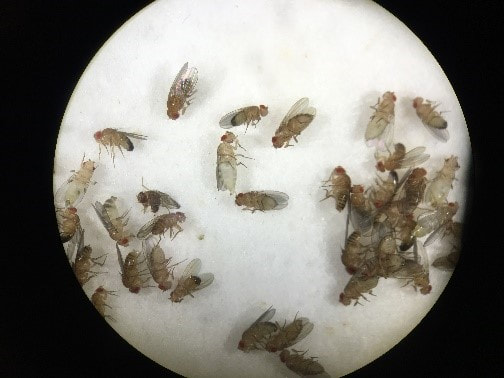
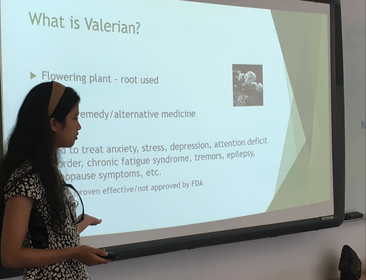
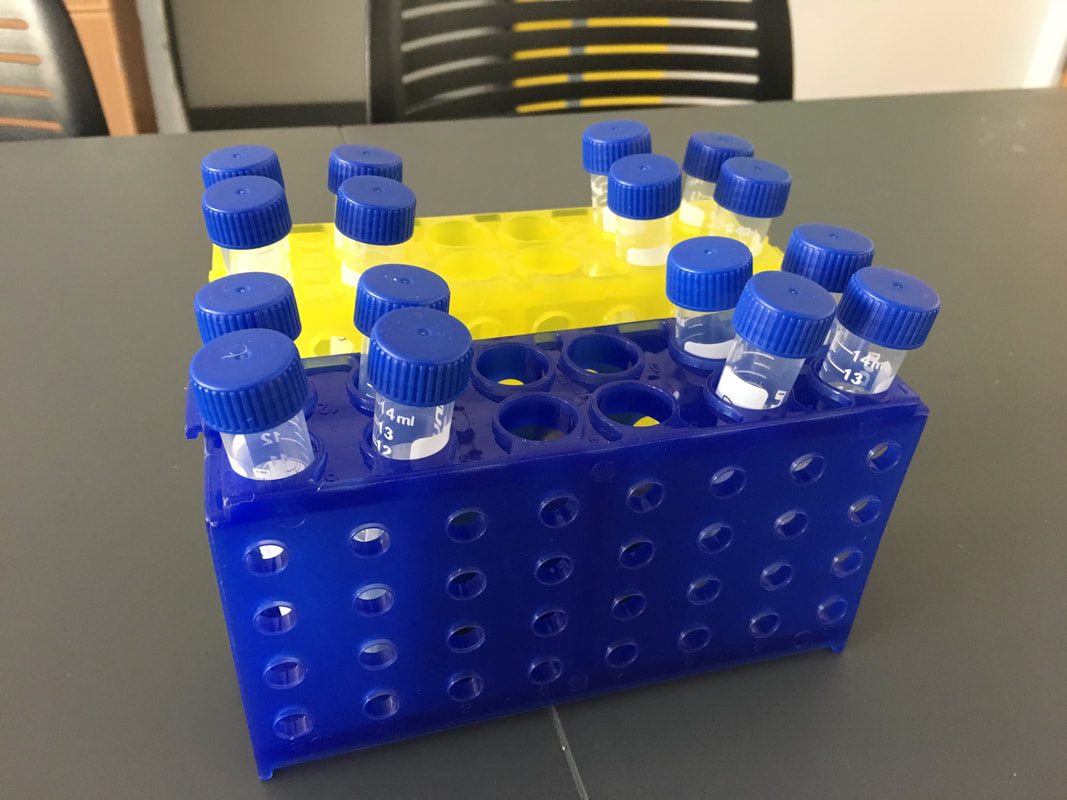
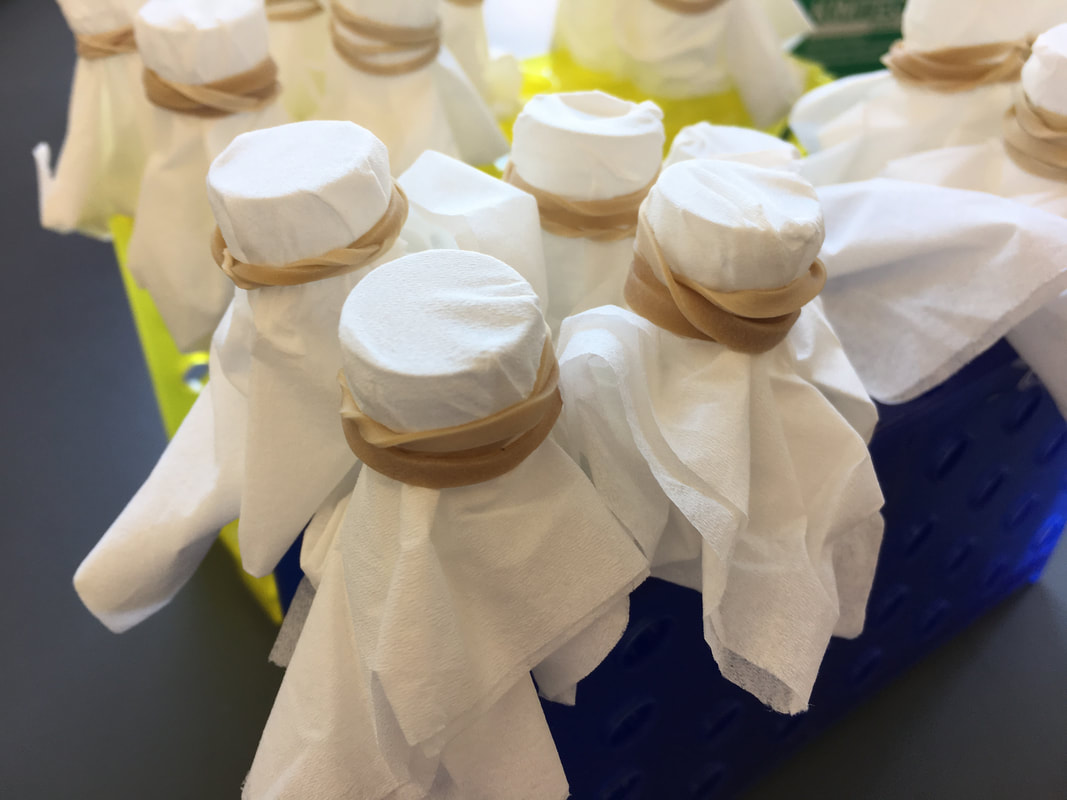
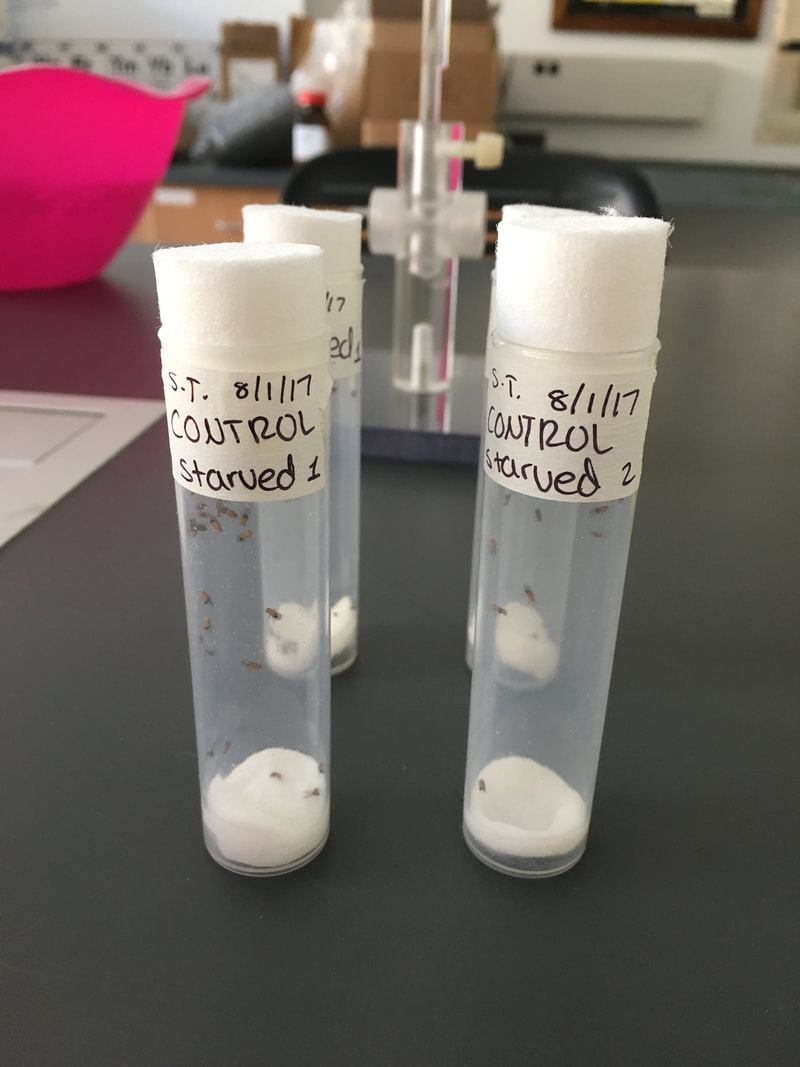
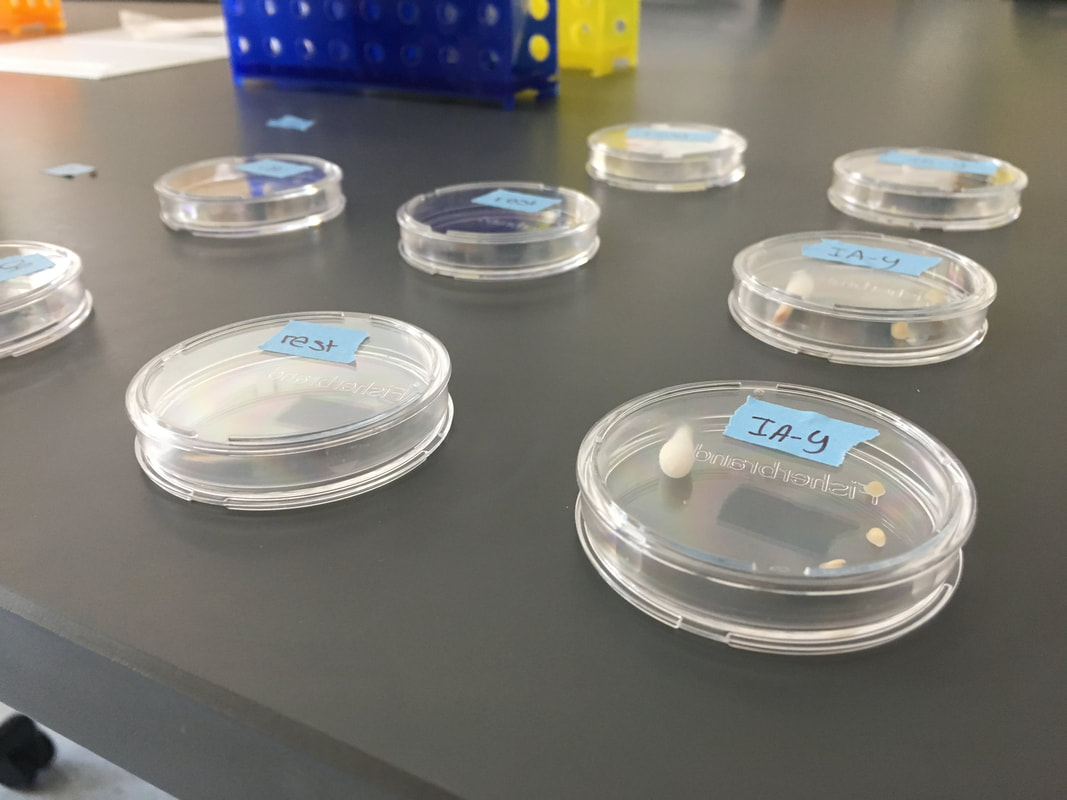
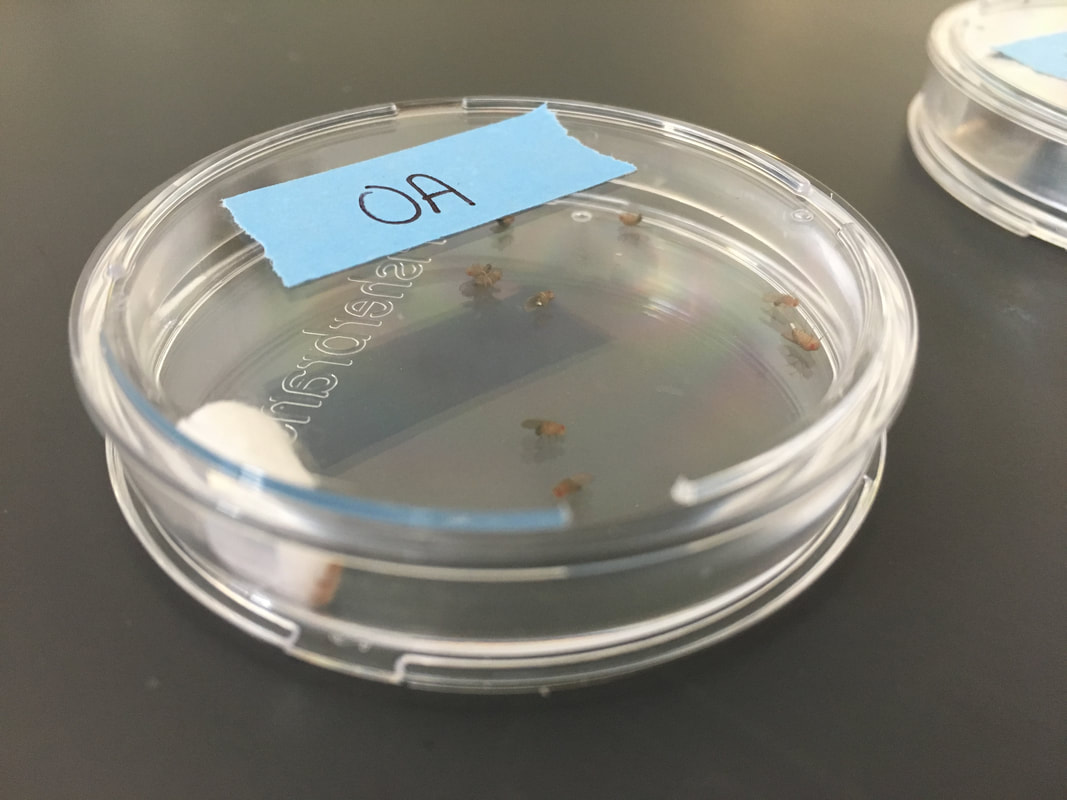
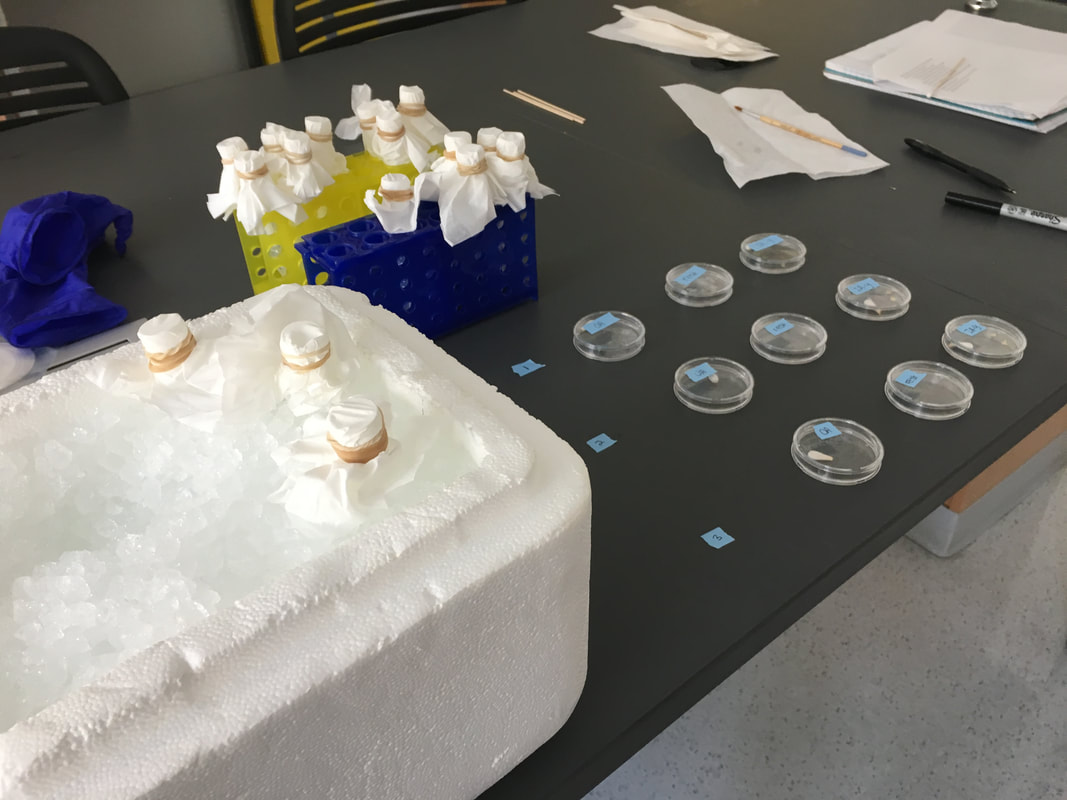
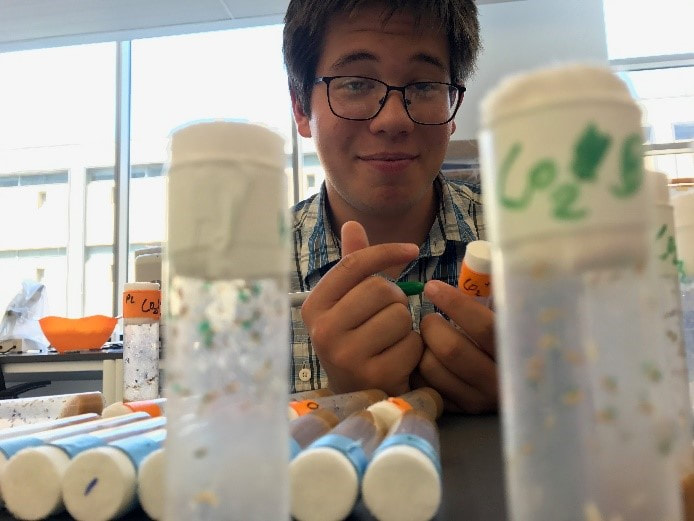
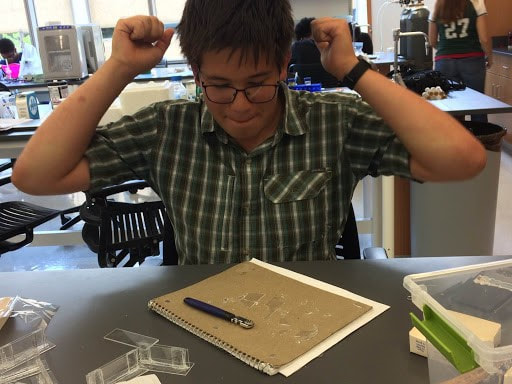
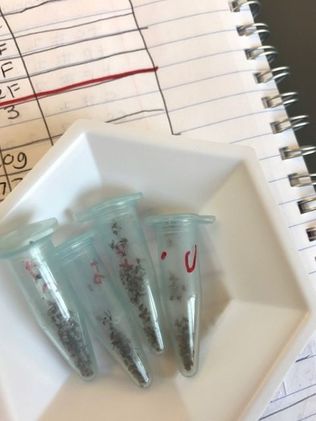
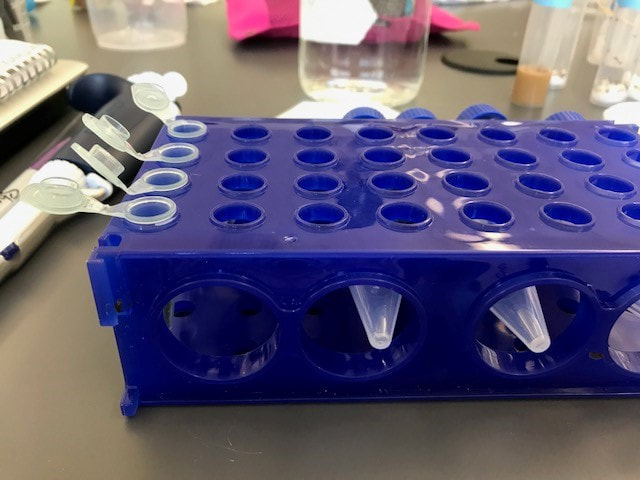
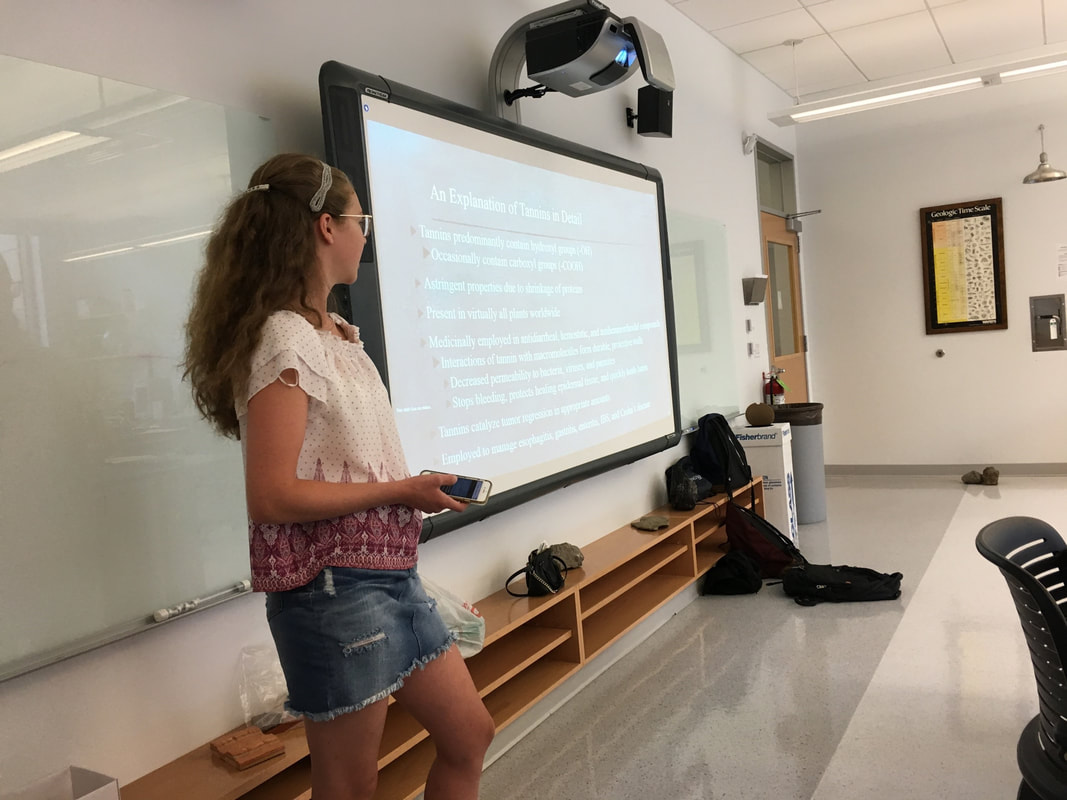

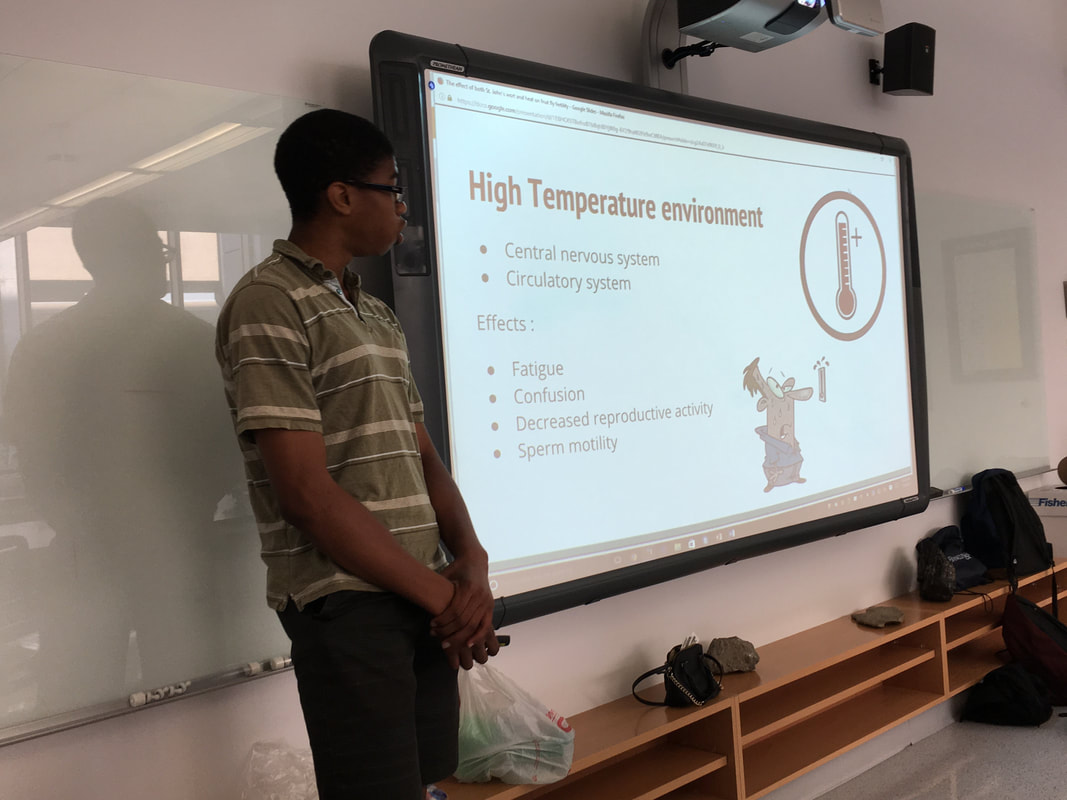
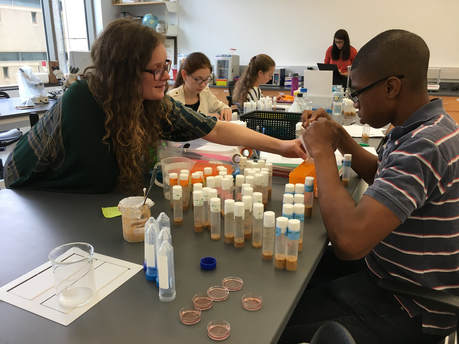

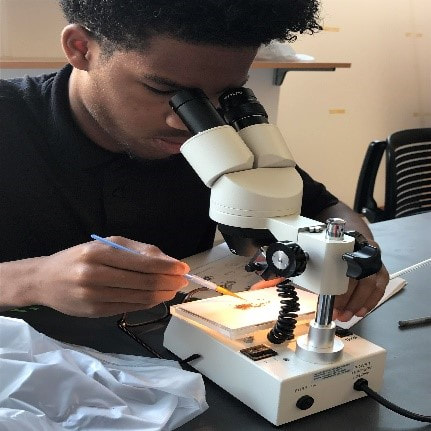
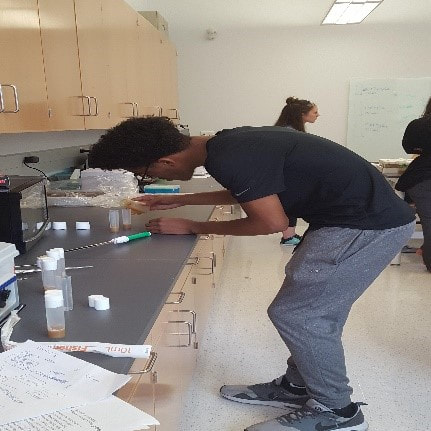


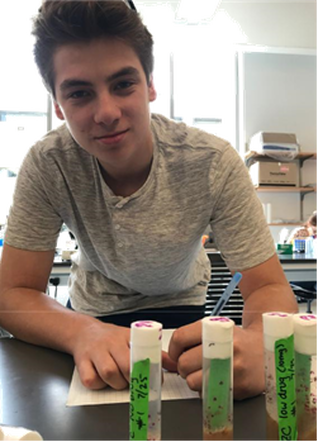
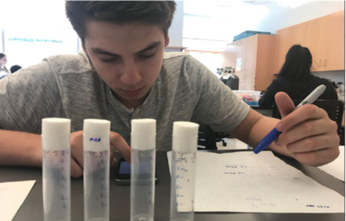
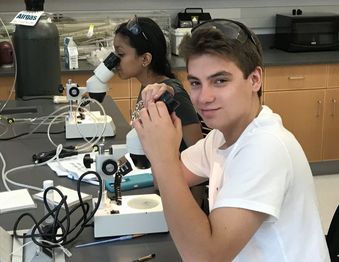
 RSS Feed
RSS Feed